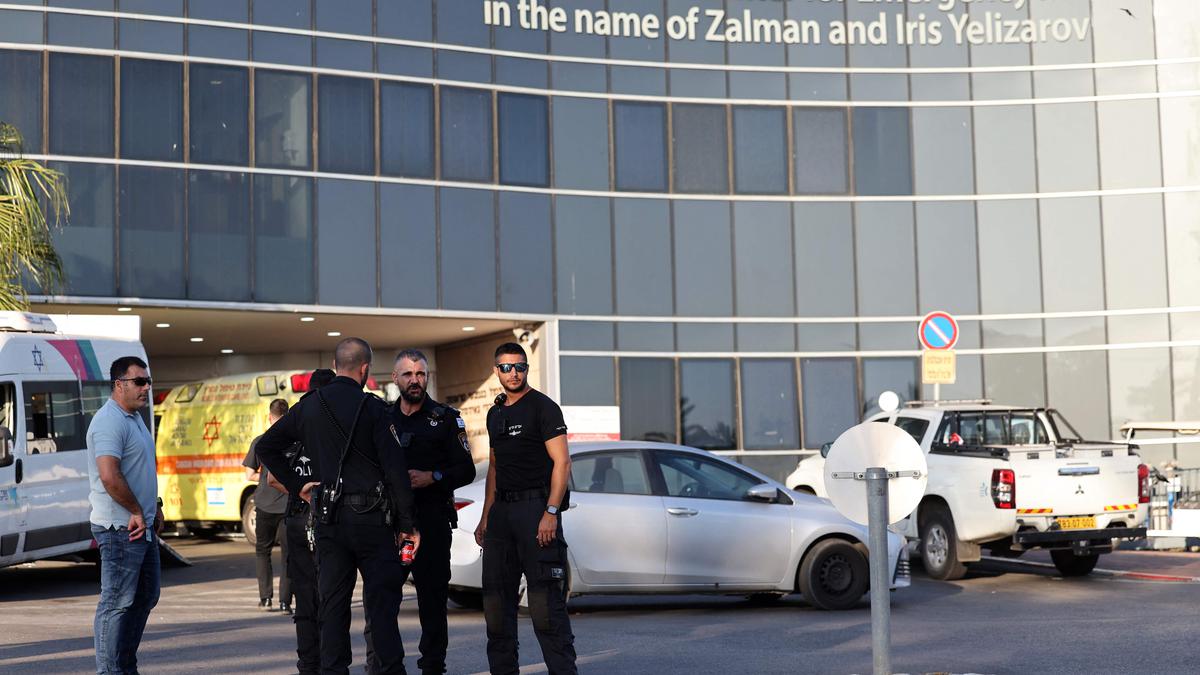
Israel's Netanyahu is discharged from hospital after an overnight stay following a dizzy spell
The Hindu
Israeli Prime Minister Benjamin Netanyahu was discharged on Sunday after an overnight hospital stay for check-ups and monitoring following a dizzy spell.
Israeli Prime Minister Benjamin Netanyahu was discharged on Sunday after an overnight hospital stay for check-ups and monitoring following a dizzy spell.
Mr. Netanyahu, 73, was rushed to Sheba Medical Center on Saturday after feeling mild dizziness. His office said he had left the hospital around midday after stating earlier that his test results were normal and that he was feeling “very good.”
The medical center said Mr. Netanyahu was in “excellent” condition after a series of tests, including cardiovascular ones. It said doctors implanted a “subcutaneous Holter," a monitoring device placed under his skin, to allow Mr. Netanyahu's medical team to keep a close watch on his heart activity. It declined to disclose additional details about the device, saying it was for “routine monitoring” and was a “customary” step.
Mr. Netanyahu's office said he had spent the previous day at the Sea of Galilee, a popular vacation spot in northern Israel where temperatures climbed to about 40 degrees Celsius (104 degrees Fahrenheit) amid a stifling country-wide heat wave. After a series of tests, the initial assessment was that the veteran Israeli leader was dehydrated.
After being hospitalized, Mr. Netanyahu released a video on social media last night. Smiling, he said that he had been out in the sun on Friday without wearing a hat and without water. “Not a good idea,” he said.
Doctors ordered him to remain in the hospital overnight for further observation, and his weekly Cabinet meeting was delayed by a day and rescheduled for Monday, his office said.
Mr. Netanyahu is Israel's longest-serving leader. He has served multiple terms stretching over 15 years in office. His current far-right government, a collection of religious and ultranationalist parties, took office last December.

The 29th edition of the Conference of Parties (COP29), held at Baku in Azerbaijan, is arguably the most important of the United Nations’ climate conferences. It was supposed to conclude on November 22, after nearly 11 days of negotiations and the whole purpose was for the world to take a collective step forward in addressing rising carbon emissions.










